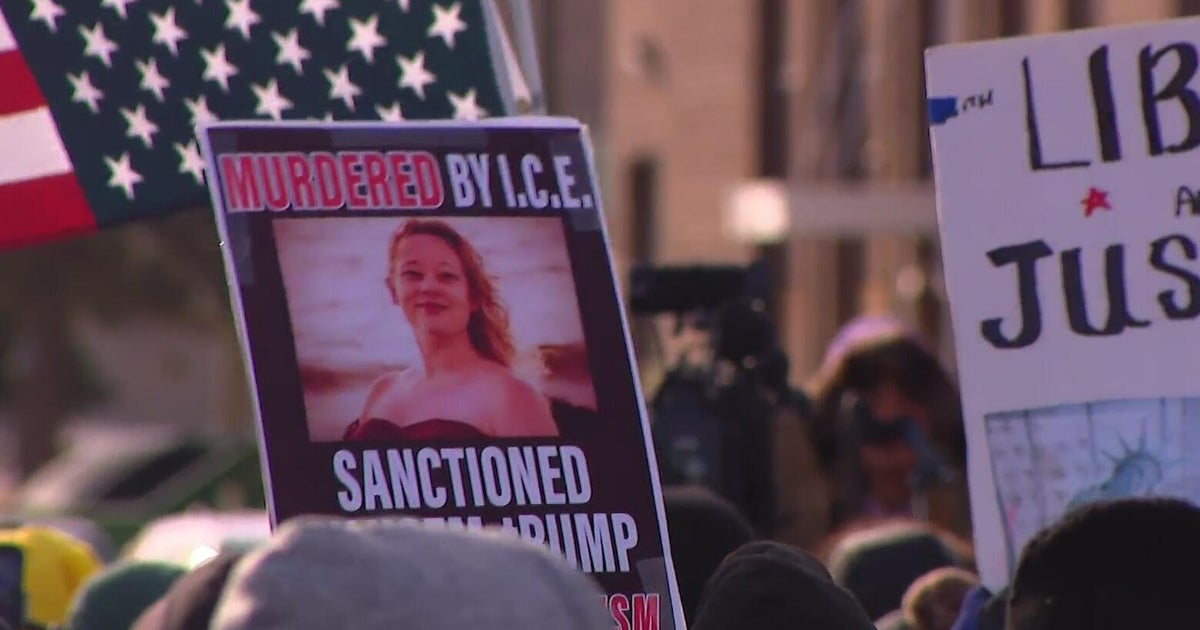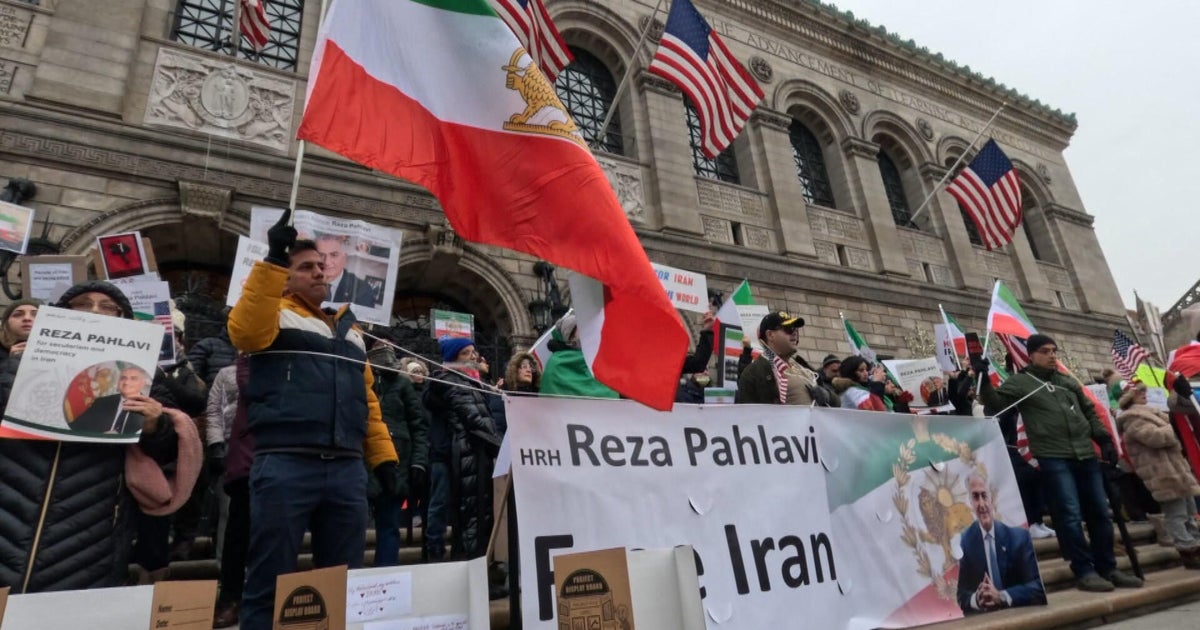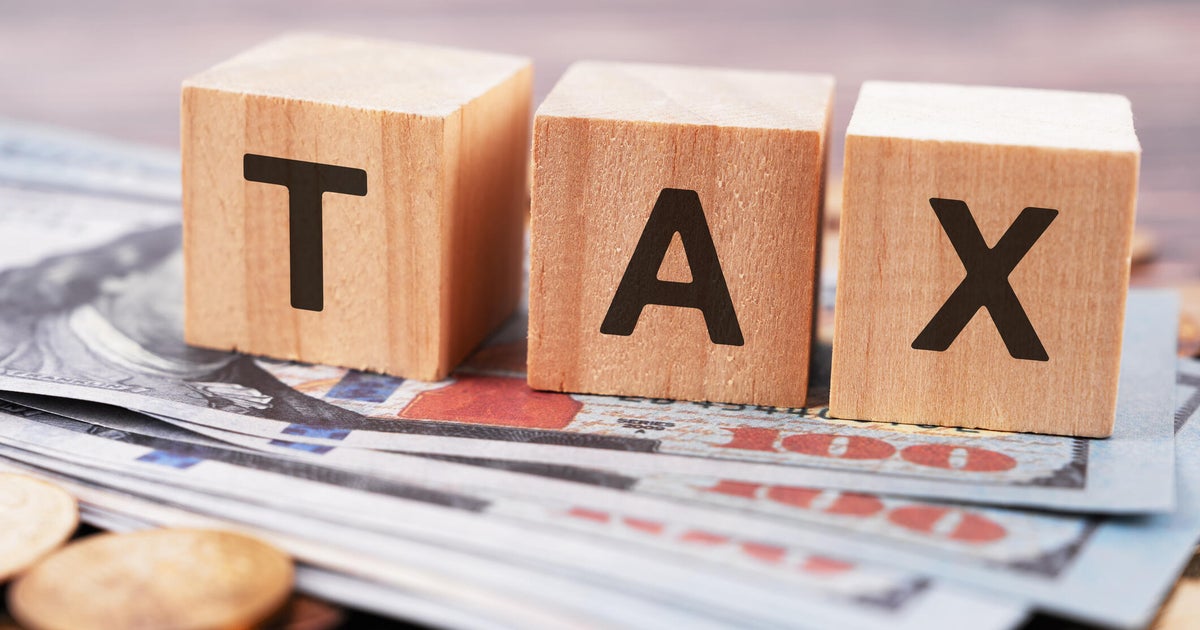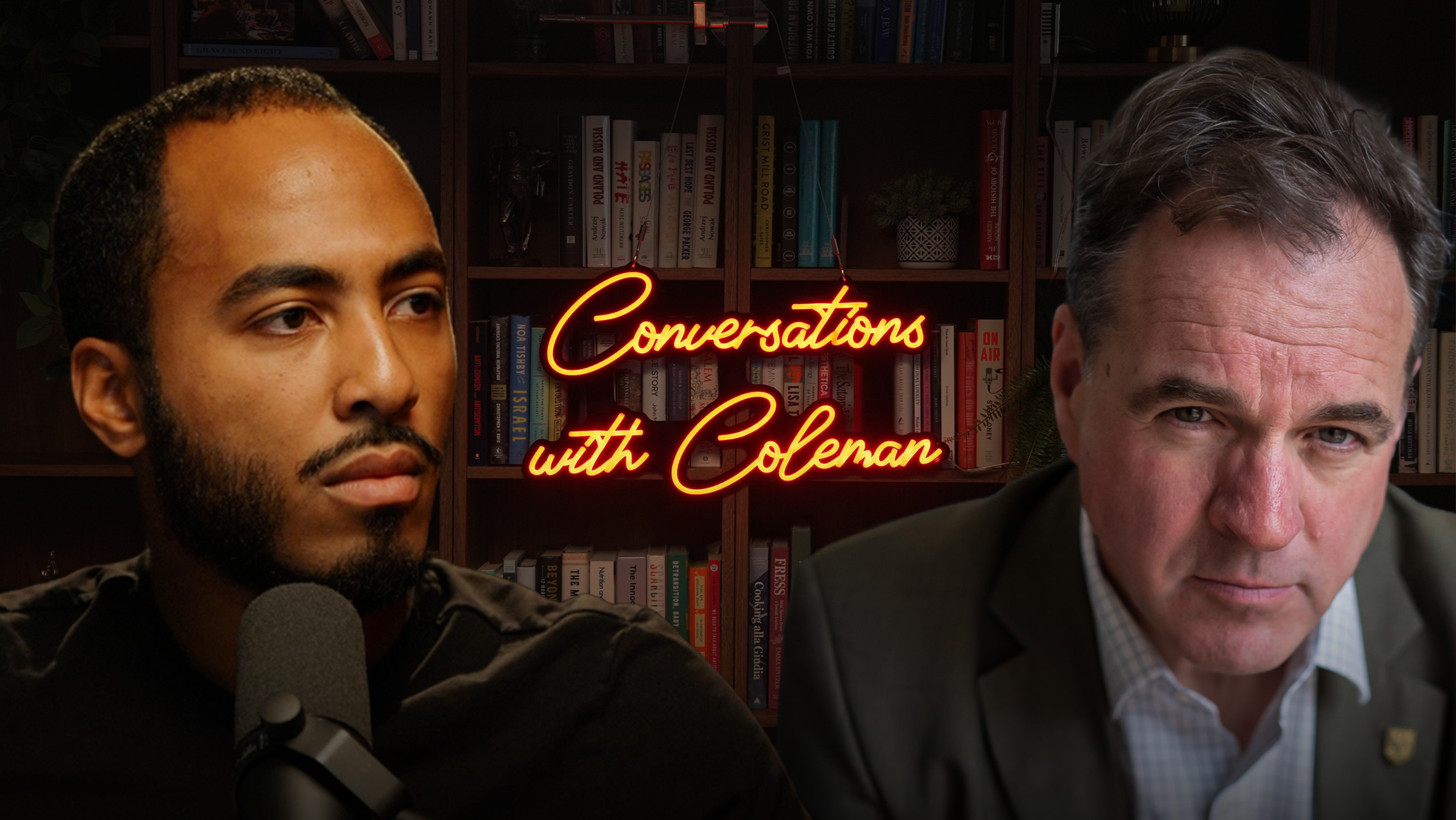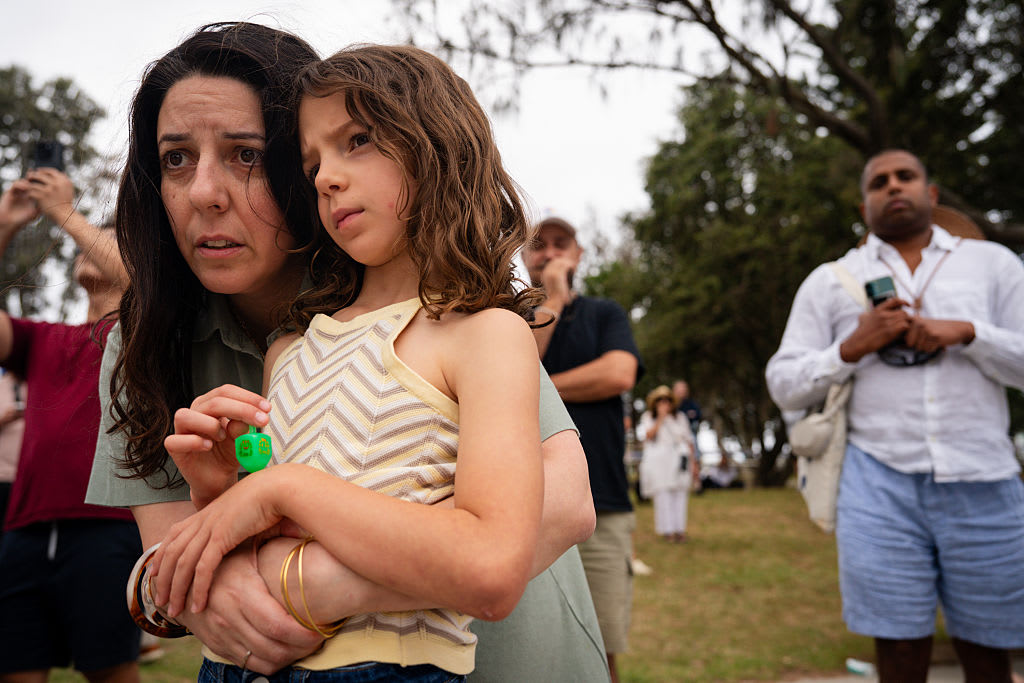McDonald's workers march on new Chicago HQ for $15 an hour wages
Workers marched to McDonald's new corporate headquarters in downtown Chicago on Monday to protest what they contend is the burger giant's role in institutionalized poverty, especially among minorities.
Hundreds of McDonald's workers from across the country traveled to participate in the protest Monday, one of multiple demonstrations planned across the country, according to Fight for $15, a labor campaign supported by the Service Employees International Union.
"McDonald's, McDonald's, you can't hide, we can see your greedy side," chanted dozens of protesters in the event timed to come ahead of the fast-food chain's annual meeting on Thursday.
Organized by the Fight for $15 -- a labor movement started in 2012 -- the group in a letter accused McDonald's of reneging on a promise to pay workers in its corporate stores a dollar above the minimum hourly wage. "Fighting higher wages at every turn, companies like McDonald's help sustain the country's system of racial oppression," the labor group's statement said.
McDonald's, which recently relocated its corporate home to Chicago's West Loop from its longtime campus in Oak Brook, Illinois, emailed a statement to CBS MoneyWatch noting that its tuition assistant program for employees illustrates its "commitment to the communities we serve." The company or its franchisees employs 1.9 million people globally.
Amid union-led protests across the U.S., McDonald's in April 2015 said that it would set the starting pay for 90,000 workers at company-owned restaurants in the U.S. at one dollar over the local minimum wage. CEO Steve Easterbrook at the time touted his plan to build a "progressive burger company."
When activists recently pointed out that the company had not kept pace with local wages, McDonald's last month said the increase was a one-time event and it never intended to keep it as "a policy thereafter."
McDonald's employee Mary Hood told the Chicago protest crowd: "Black and brown workers just like me and just like you... want to build a better future for our children. We don't want to rely on assistance programs anymore or figure out how we're going to pay our rent rent, or afford our next meal."
The campaign's demand for a $15 hourly wage and a union is backed by the NAACP, with the civil rights organization in 2014 passing a resolution noting that among the nation's 4 million fast-food workers, those of color were "disproportionately represented and especially concentrated in the lowest paying jobs."
McDonald's reported net revenue of $5.34 billion on $22.82 billion in revenue in 2017.
